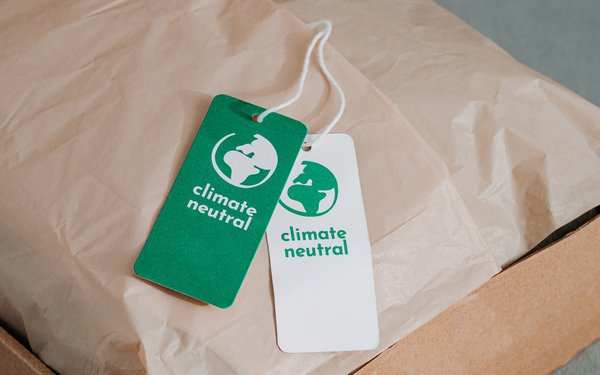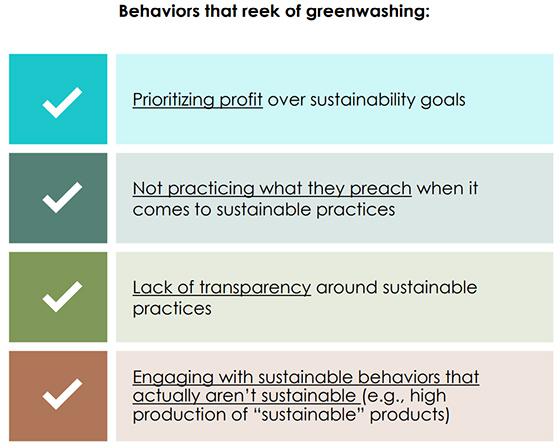
Brands can help bridge barriers and roadblocks
that consumers run into when trying to live a sustainable life.
A survey finds that 82% of participants are experiencing barriers to living more sustainably, with most citing expenses or
lack of access to the right resources as the main barriers.

Among the generations analyzed, 91% of Gen Z and 75% of Millennials were the most likely to experience barriers.
The data -- released Friday from IPG Mediabrands' investment arm Magna, global media platform Teads,
and nonprofit climate solutions company Project Drawdown -- shows how consumers perceive efforts made by brands to support sustainability.
advertisement
advertisement
Almost one-third of survey participants have
perceived greenwashing in brands, highlighting the need for authenticity in the companies' sustainability communications.
Greenwashing is a marketing tactic involving false or misleading
claims about a company's environmental impact. The goal is to deceive consumers into believing that a company's products are more environmentally friendly than they actually are.
Despite
barriers, people remain motivated to ensure a better future, with 99% of people agreeing they can be motivated by something to take action.
Survey respondents also selected reasons to be
sustainable, with 78% agreeing with statements that ranged from “ensuring the well-being of humankind” to “protecting one’s own health” and “saving
money.”
The study, Sustainability Speaks: Breaking the Barrier of Climate Communication, surveyed 9,112 consumers in the United States, the United Kingdom and Australia. Five focus
groups were held in the U.S.
In addition to determining why people and brands are not doing more, the research explores how advertisers can communicate their sustainability goals while also
supporting brand growth.
Consumers look to brands to be part of the change when it comes to sustainability. Some 77% of respondents said they want brands to take a stance on sustainability and
75% somewhat or strongly agreed that if brands took a stance on sustainability, it would have a tremendous impact on the environment. Some 35% of consumers said they would be motivated to act
themselves if they saw brands do it.
Interestingly, a brand that offers tangible, relevant data in advertising -- such as a statistic on how much water was saved in manufacturing -- scores
better than ambiguous messaging. Defining sustainability itself, a broad term that can vary by product category, makes a difference in helping consumers align around a company’s actions.
The study also ranked the channels that consumers favor more when receiving sustainability messaging. Advertising, at 66%, was the optimal channel, followed by social media accounts at 62%,
newsletters at 57%, and influencers and other brand representatives at 52%.
Educate, innovate, collaborate, and propagate are other climate actions that brands can take, according to consumers
participating in the study.